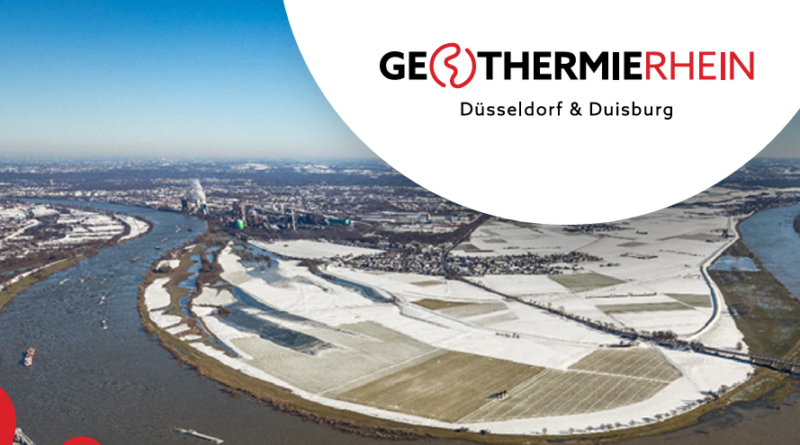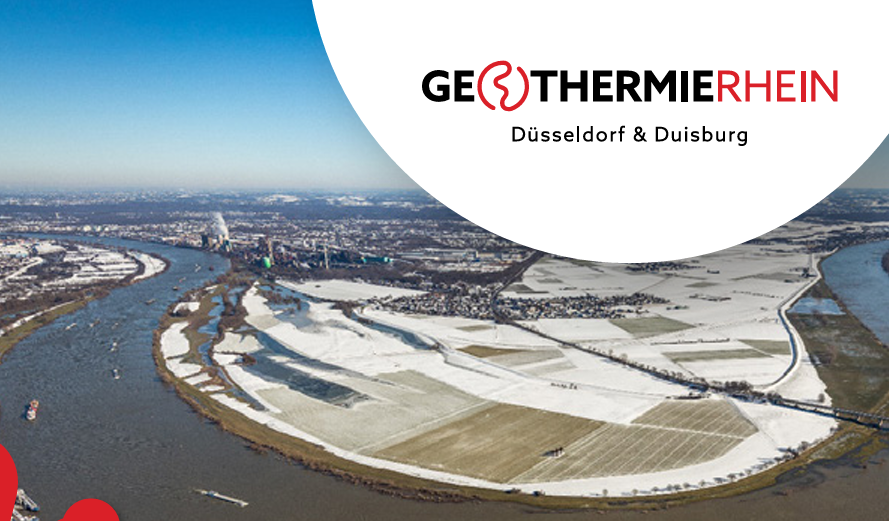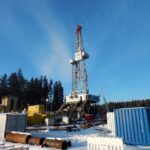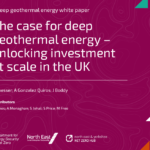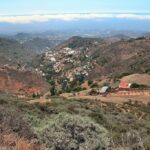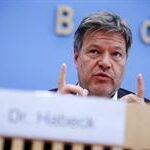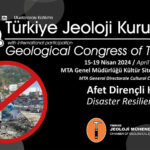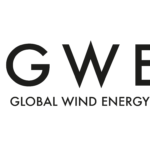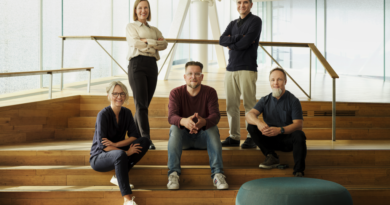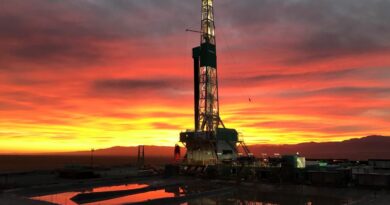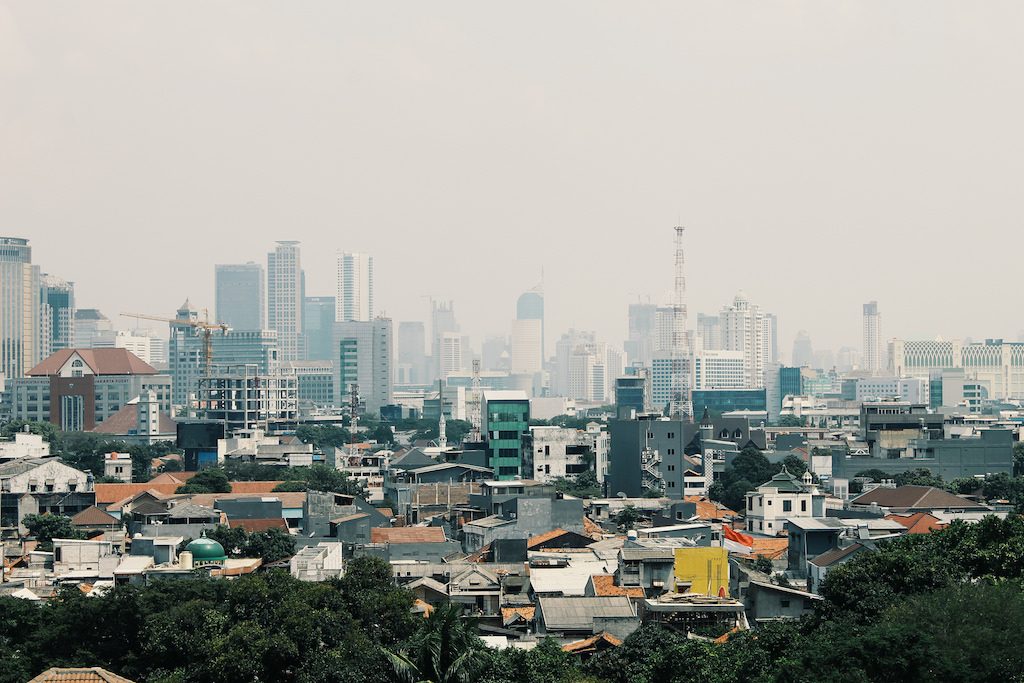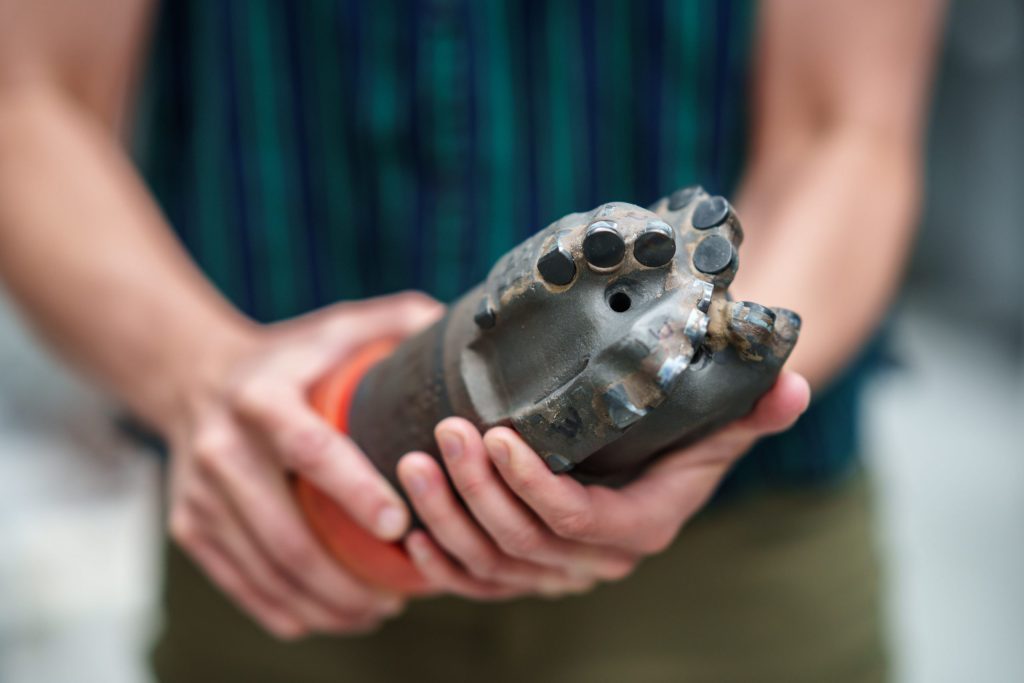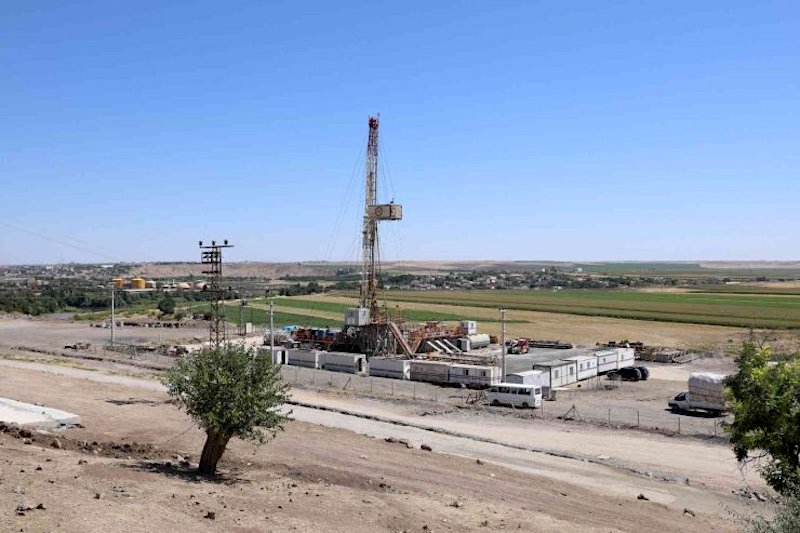Report published on geothermal evaluation of Duisburg and Düsseldorf, Germany
Energy Disrupter
A detailed report has been published on the results of exploration for deep geothermal resources in the cities of Duisburg and Düsseldorf in NRW, Germany.
The “Geothermal Rhine” project has published a detailed report on the results of the exploration work undertaken to evaluate the potential geothermal resources in the cities of Duisburg and Düsseldorf in North Rhine-Westphalia (NRW), Germany.
The full report (in German), “Deep geothermal energy for Düsseldorf and Duisburg,” can be accessed via this link.
The technical and economic feasibility study for the development of geothermal resources in Duisburg and Düsseldorf was first announced in early 2023 under the “Geothermie-Rhein” inter-municipal project. The joint feasibility study was undertaken by the respective municipal utilities, Stadtwerke Düsseldorf AG and Stadtwerke Duisburg AG, along with Fraunhofer IEG, the University of Duisburg-Essen, and the Düsseldorf Airport.
In order to advance the heat transition, the state parliament of NRW passed the resolution “Using heat potential – facilitating the use of geothermal energy” in 2019. A component of the state parliament resolution is the promotion of measures to explore and use geothermal district heating in NRW. Three projects were awarded a total of EUR 1.5 million, with the Düsseldorf-Duisburg municipal cluster as one of the award winners.
Results of the evaluation
Gravimetric measurements were made in both Duisburg and Düsseldorf to help identify subsurface layers and significant fracture zones. This new data was then combined with existing data from the LIAG Institute for Applied Geophysics, as well as data from 2D seismic measurements conducted by the Geological Service of North Rhine-Westphalia.
The combination of data from the different surveys allowed for the creation of a 3D subsurface model which can now be used to create 3D depth maps to determine the depths of the Kohlenkalk and Massenkalk formations, which are potential host formations for geothermal resources.
In addition to the geological conditions and the associated heat potentials in the subsurface, the technical integration of geothermal energy as a heat source for existing networks in Düsseldorf and Duisburg was also investigated as part of the Geothermal Rhine project. Different heat outputs and temperature levels were simulated in the network and the hydraulic effects were investigated.
In the majority of the scenarios tested, all of the heat from deep geothermal energy can be integrated into the existing heat
supply. For higher outputs of the heat source with higher temperatures, a storage option is required in some variants in order to be able to exploit the full potential of geothermal energy.
Next steps
With this phase of the project completed, the two cities will carry out further exploration measures independently of each other. These further measures aims to provide more information on the actual existing potential in each city.
The target horizons for geothermal lie deeper in the Duisburg region. To more precisely map the target subsurface formation, the city utility is planning to conduct further 2D seismic measurements.
In Düsseldorf, existing data indicates possible drilling locations in the north region of the city. Specific drilling locations are being determined accounting for geologic suitability, among other criteria.
Source: Geothermie-Rhein

